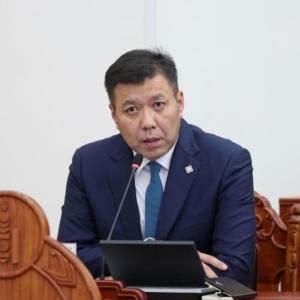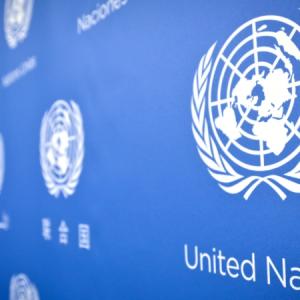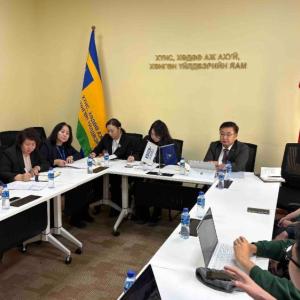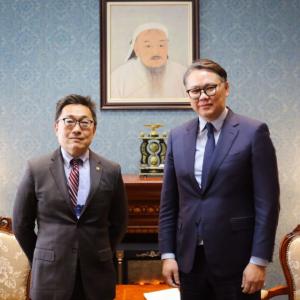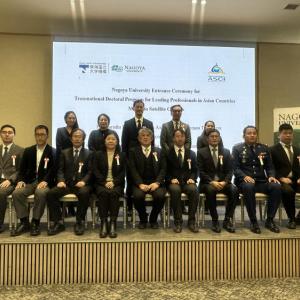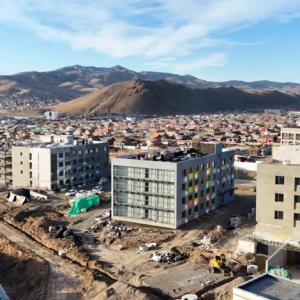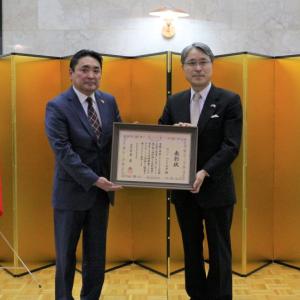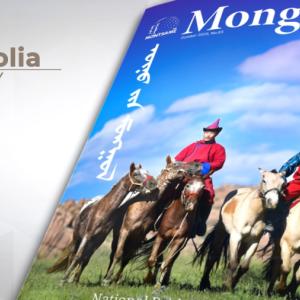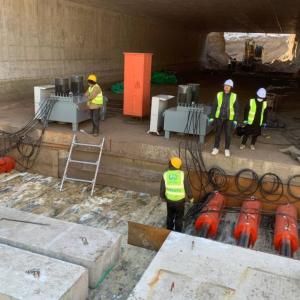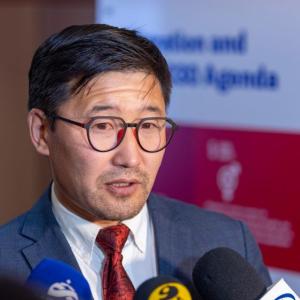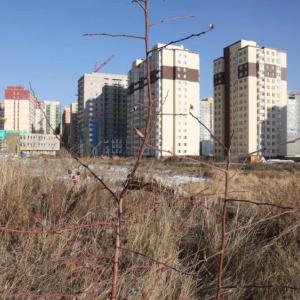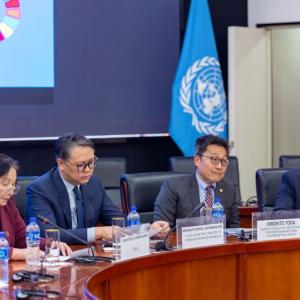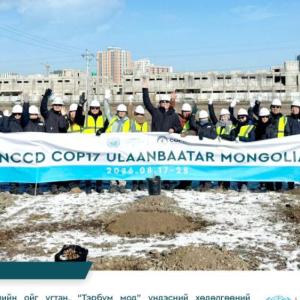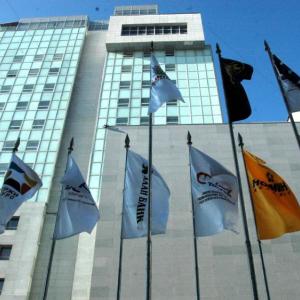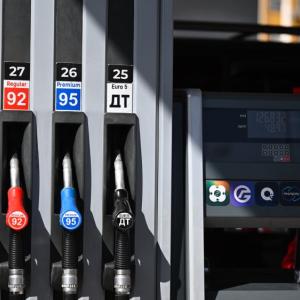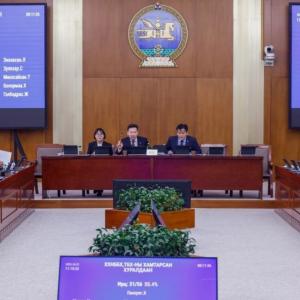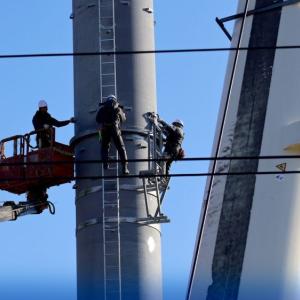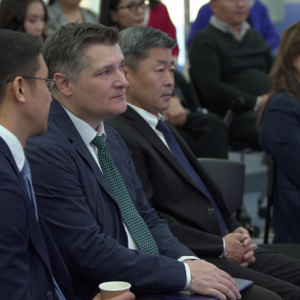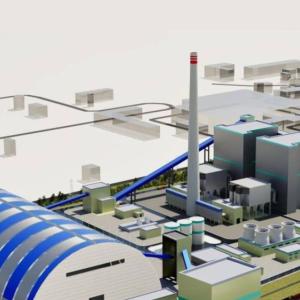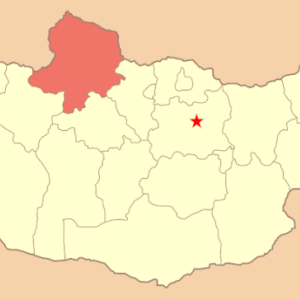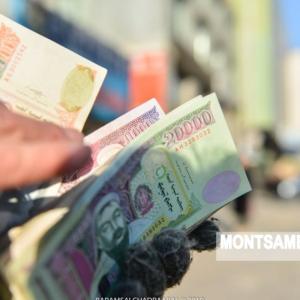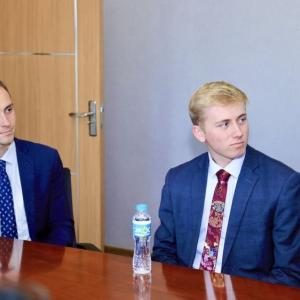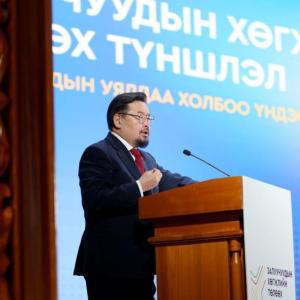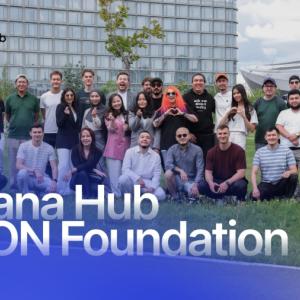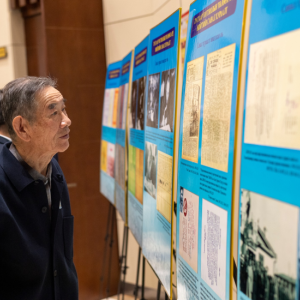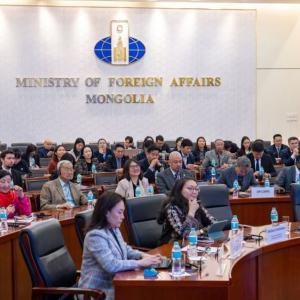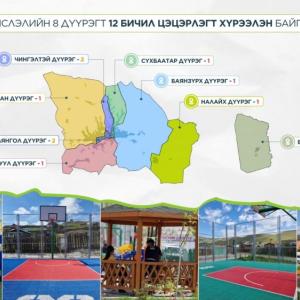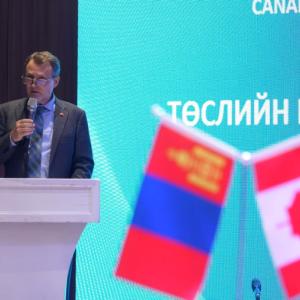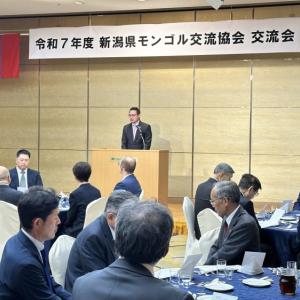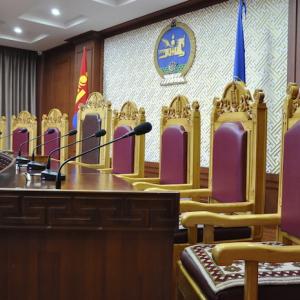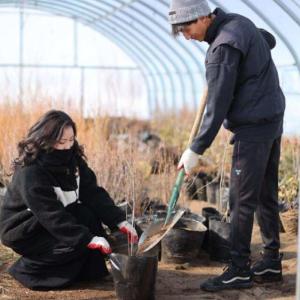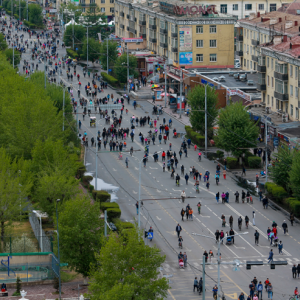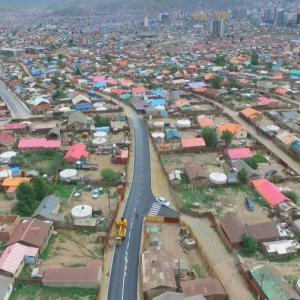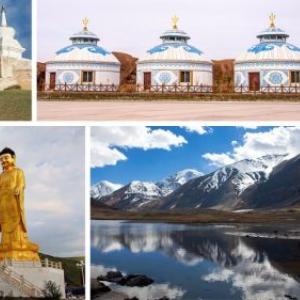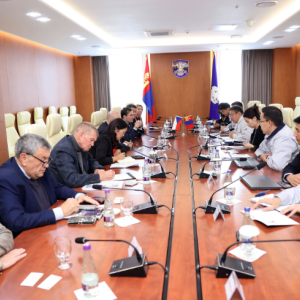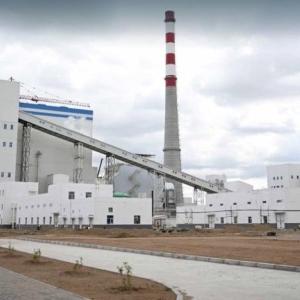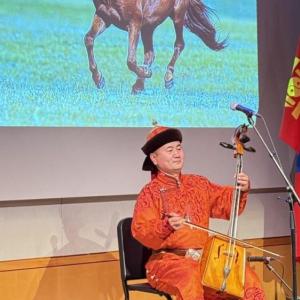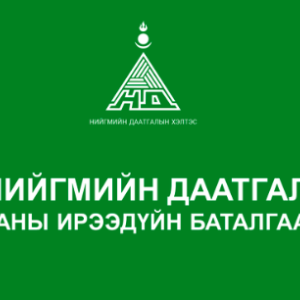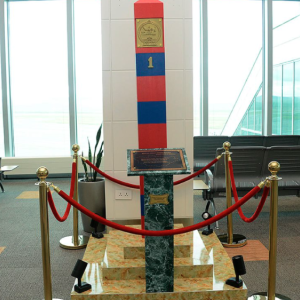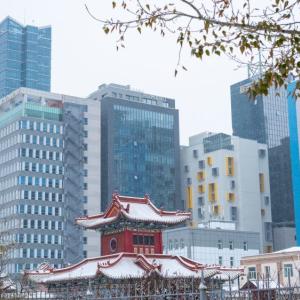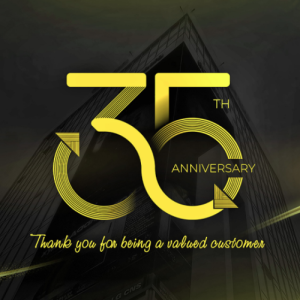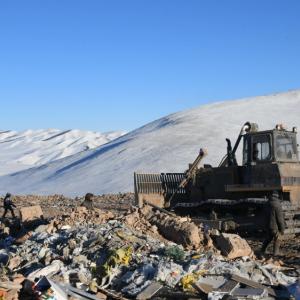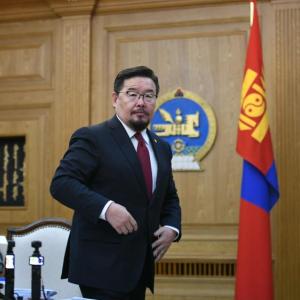Z.Batjargal: Climate change is causing traditional agriculture to deteriorate
The Mongol Messenger
Ulaanbaatar /MONTSAME/.
National coordinator for the United Nations Framework Convention on Climate
Change Z.Batjargal held a meeting with journalists in aims of informing the
public about sustainable development. Organized by ‘Association of Mongolian
Journalists for Sustainable Development’ NGO, the meeting is a part of a series
of meetings to be organized for journalists in aims of giving information on
sustainable development to the public.
- Mongolia has joined
up with countries of the world to reduce climate change, and developed a
document on Sustainable Development Agenda. However, our citizens do not seem
to fully understand that the participation of all citizens is important. What
are your thoughts on this matter?
- The main concept of
sustainable development is to pass on the environment and its resources without
pollution and using up to its full capacity to our next generations.
Sustainable development is to be achieved through three core “pillars”:
environment, economy, and society. This is all due to the necessity of another
Earth if we do not keep track of how we use our resources and protect the
environment.
- How are the chances
of promoting and implementing sustainable development in our country as well as
participation?
- We have the full
potential to provide the necessities of life by solely using renewable
resources. However, if we keep up in development, focus on further developing
certain sectors, and use renewable resources in building infrastructure,
Mongolia would be able to achieve the true concept of sustainable
development.
In correlation with the
matter of sustainable development, it has become a trend to work towards
creating income by putting all natural resources into economic circulation, and
protecting the environment by solving issues such as poverty. Everyone
throughout the globe has admitted that our current attitude is wrong as all of
us have to mind our consumption.
For example, 14
projects have been submitted to the Green Climate Fund by Mongolia, all of
which having been received. This shows that they see the opportunity to develop
sustainable development and green economy in Mongolia.
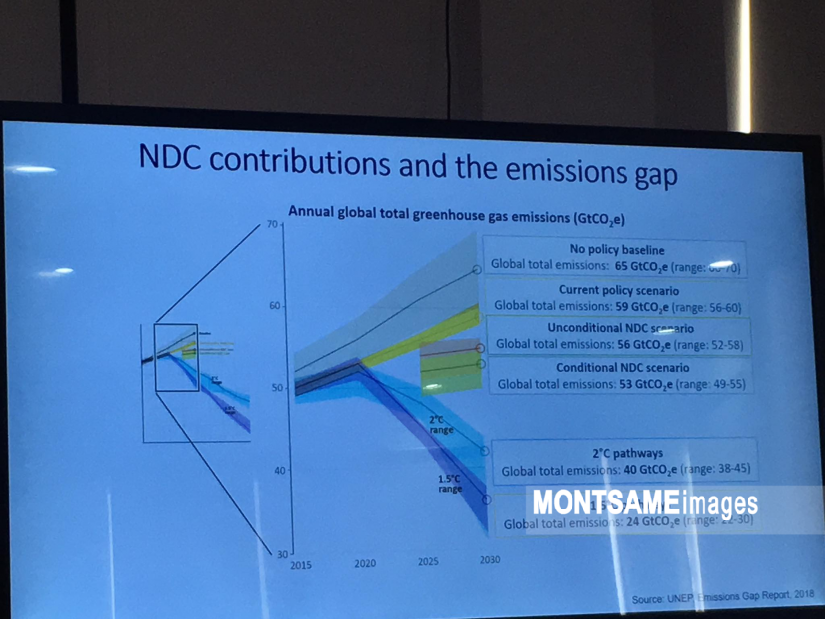
The image
shows: If no global changes continue to be made against climate change, the
amount of greenhouse gases (GHG) will reach over 60 gigatons. According to the
Paris Agreement on Climate Change, the global temperature rise is to be kept at 2
degrees Celsius--and even 1 degrees Celsius if possible. To keep the
temperature at 2 degrees, the amount of GHG must be reduced to 40 gigatons. And
to keep it at 1.5 degrees, GHG must be further reduced to 20 gigatons.
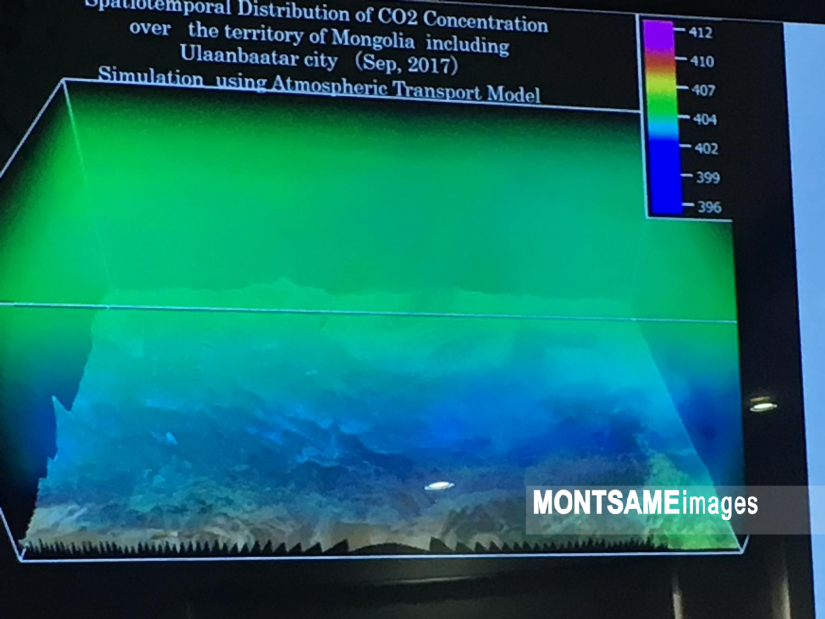
Mongolia
has set a goal to reduce GHG by 14 percent. Whether or not we reach the goal
highly depends on our actions. For instance, if the coverage of vegetation is
increased in our country, it is possible to reduce GHG by 33-34 percent.
However, the one danger that is not dependent on our actions is climate change.
This is due to GHG emission being the main cause of climate change. Despite
the amount of GHG produced by our country being very little, the emission per
product is more than those of our two neighboring countries as well as other
countries of the world.
This shows the need for certain measures to be implemented
despite the little contribution to the global amount of GHG. In Mongolia, 40
percent of total GHG emissions are from energy production, with animal
husbandry not far behind due to the large amount of methane production from
livestock.
Relatively small percentages are taken by the sectors of
construction, and road and transport. Furthermore, there is also an opportunity
to absorb GHG by reducing forest fires and illegal logging, and increasing the
coverage of vegetation. It is through this method that we can reduce GHG
emissions.
- It seems that the concept of green economy should also
be mentioned in correlation with sustainable development?
- Yes, this is about the environmentally friendly technology
industry. Adapting our lifestyles to nature and the environment is important.
By this, I do not mean the ancient way of living--instead, a sustainable
consumption of renewable resources.
Mongolia has included appropriate balance between manufacturing
and consumption, clean economy, and non-waste technology in its Sustainable
Development Goals for 2030. However, most interestingly, all these had always
been a part of the traditional way of living for Mongolians. There was no waste
due to non-waste technology, and even if there was, the waste was natural, and
eventually absorbed into nature itself.
- There has been news about 50 percent of the total
permafrost area in our country melting due to climate change. Could you
elaborate on this?
- Some of you may have noticed birch trees having fallen
over due to being dried up in the mountains around Ulaanbaatar. However, shrubs
and bushes continue to grow next to the trees. This is due to the soil of the
permafrost. More specifically, the little amount of rainfall cannot get through
the soil well. This means that birch trees have no nutrients for growth as the
permafrost underneath is melting. In other words, plants that absorb their
nutrients from deep within the soil are dying, and those that do not such as
shrubs and bushes are all that are able to survive.
The traditional form of naturally irrigated farming is
also disappearing due to the melting permafrost. Some may say that traditional
farming is unnecessary in this age of advanced technology. However, this is not
the case as traditional farming is advantageous for being consistent with no
loss in produce. Thus, as this period comes to an end, we human beings have to
put all our efforts into keeping it sustainable.
B.Bold
 Ulaanbaatar
Ulaanbaatar






